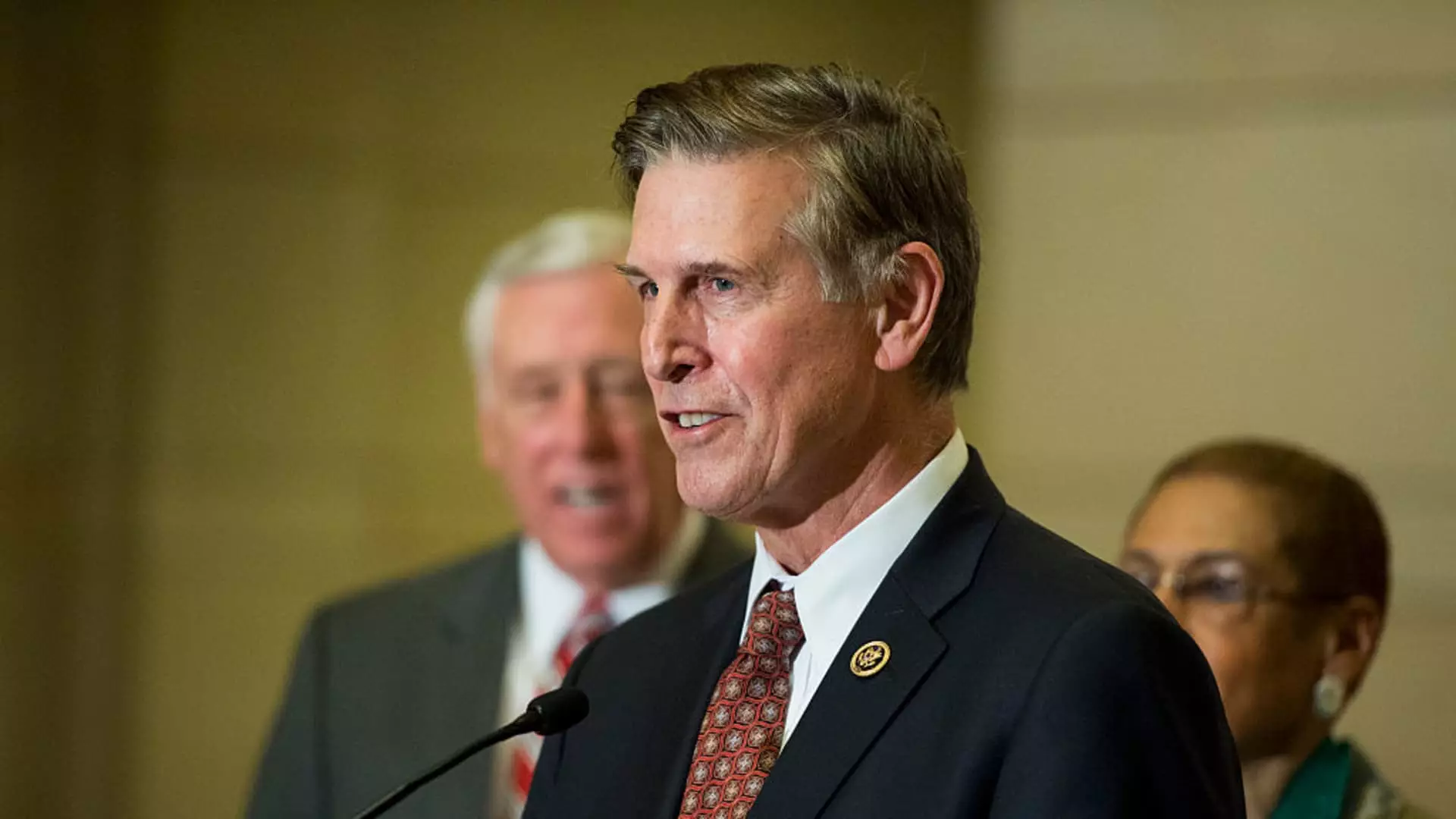Don Beyer, a 73-year-old Virginia Democrat, stands out among the students at George Mason University. He defies the typical image of a student with his preference for a notebook and pen over a laptop for note-taking. However, what truly sets him apart is his role as a top lawmaker on AI policy in Congress. With a deep fascination for artificial intelligence, Beyer made the decision to enroll in computer science classes at George Mason University, which was the turning point in his career. Despite juggling voting, legislative work, fundraising, and coding homework, Beyer is determined to pursue a master’s degree in machine learning.
Politics and AI: A Unique Combination
Beyer’s involvement in AI extends beyond his academic pursuits. He plays a significant role in multiple House lawmakers’ groups focused on AI. As the vice chair of the bipartisan Congressional Artificial Intelligence Caucus and a member of the AI working group initiated by The New Democrat Coalition, Beyer actively contributes to shaping AI policy. Additionally, he was part of former Speaker Kevin McCarthy’s AI working group, which may regain its momentum under Speaker Mike Johnson. On the legislative front, Beyer leads a bill aimed at expanding access to high-powered computational tools necessary for AI development.
Beyer’s commitment to learning AI is not without its challenges. With a constrained schedule, he can only take one class per semester. Nonetheless, his classroom experience has already begun reaping benefits. Beyer credits his increasing understanding of coding, the significance of large datasets, and the potential unintended consequences associated with AI to his coursework. Moreover, he has gained insight into the ease with which a small coding error can have a substantial impact. Reflecting on his learning journey, Beyer shares his realization about the inherent imperfection of technology, thereby shaping his perspective on defending against the risks of AI.
As Congress grapples with the challenges posed by AI, Beyer’s contributions take on added significance. Rep. Jay Obernolte, who also served on McCarthy’s working group, acknowledges the value of Beyer’s expertise and passion for AI. The House contemplates various approaches to AI policy, including the enactment of digital privacy protections, the establishment of a new federal agency to oversee AI, or promotion of the role of existing agencies. Obernolte, possessing a master’s degree in artificial intelligence himself, supports the notion of an abundance of knowledgeable lawmakers like Beyer.
Mitigating the Threat of AI in Elections
The implications of AI-generated videos and photos, which spread misinformation and mislead, have caught the attention of Congress. Rep. Derek Kilmer points out the urgency in minimizing the impact of misleading or false media on the upcoming 2024 election. He highlights the potential for the spread of misinformation to undermine the integrity of public discourse and democratic processes. Senate Majority Leader Chuck Schumer joins the chorus, emphasizing the need for legislation and safeguards to address the growing threat posed by AI-generated content.
Beyer fears that Congress may not move quickly enough to keep pace with the rapid advancement of AI models. Drawing parallels to the lack of regulation in the realm of social media, he stresses the importance of not repeating past failures. While acknowledging the current constraints due to spending disputes and the House speaker transition, Beyer retains hope for progress next year, in anticipation of the 2024 election.
Don Beyer’s journey as a non-traditional student and AI policymaker illustrates the evolving landscape of technology in Congress. Through his academic endeavors, Beyer gains firsthand knowledge of coding and the challenges AI poses. His involvement in various AI-focused House groups enables him to contribute to shaping policies that address crucial issues such as privacy, misinformation, and electoral integrity. While the road ahead is demanding, Beyer remains dedicated to bridging the gap between legislation and AI, ensuring a future where the benefits of AI can be harnessed responsibly.

Leave a Reply